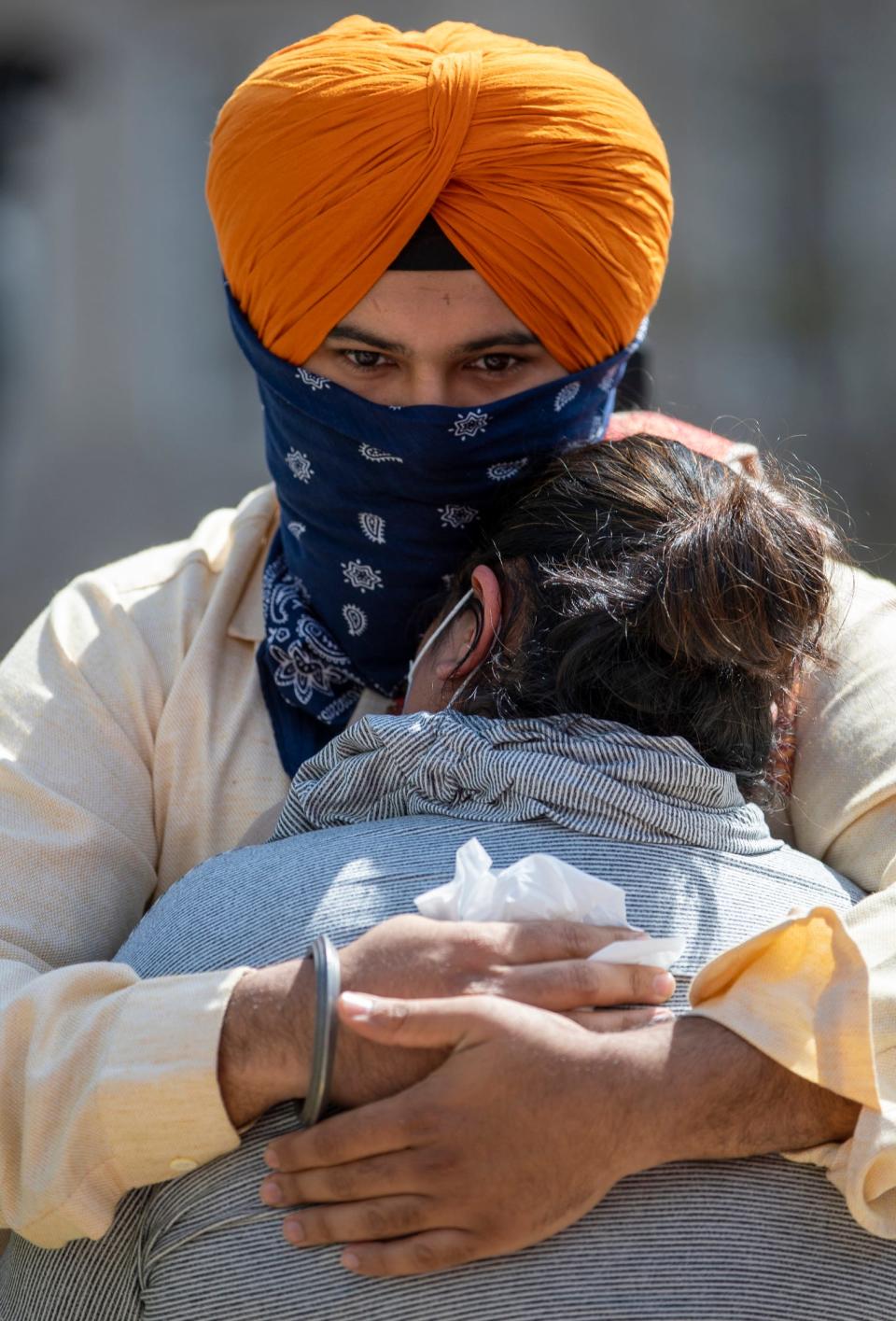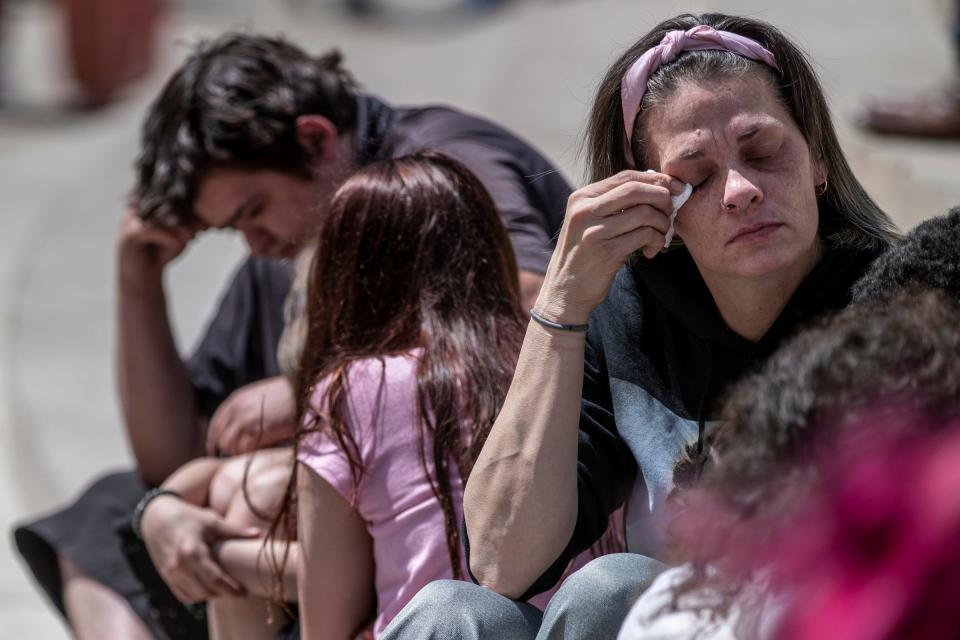Op/Ed: Pressure U.S. Congress to enact legislation to protect Hoosiers from hate crimes
For the past year, many in Indianapolis have become acquainted with the local Sikh community through the lens of the April 2021 FedEx shooting. Eight Americans — including four Sikhs and four of our non-Sikh friends, neighbors and coworkers — were killed in that deadly assault, but we have found strength and resilience in one another as we’ve worked to heal and move forward since, including at the one-year anniversary commemoration this past spring.
Now, this weekend, the Sikh community will again pause in remembrance — but this time, for a targeted mass shooting that happened a decade ago in Oak Creek, Wisconsin.
On Aug, 5, 2012, a white supremacist gunman assaulted the gurdwara, or Sikh house of worship, in the city of Oak Creek. Worshippers at the Sikh Temple of Wisconsin were gathering for Sunday services, which typically include prayers, singing and a meal made in the communal kitchen and served to everyone, seated on the floor as equals. But by the time the shooting rampage was done, six innocents had been killed, and a seventh was critically injured and would pass from complications years later.

More:New details show interventions failed — again and again — to stop FedEx shooting
In that moment, the Oak Creek sangat, or Sikh community, experienced a remarkable tragedy — but like our own families here in Indianapolis, they came together to support one another. They built interfaith bridges, held service projects to give back to the city that joined them in grief and even went to Capitol Hill to lobby the federal government to specifically track anti-Sikh hate.
That last effort was successful — and in the years since, we have seen the same trend in anti-Sikh hate violence as we’ve seen against hate and bias more broadly: It keeps going up. From Pittsburgh to El Paso and Charleston to Orlando and Isla Vista to Buffalo, white supremacists like the one who attacked Oak Creek continue to pose a real danger, and impose a devastating cost, on marginalized communities.
That’s why this year, I’m choosing to honor the memory of those lost in Oak Creek and all of those other tragedies by engaging my elected officials in Congress.
More:Fed Ex mass shooter's past held more violence, missed red flags, disclosed documents reveal
A first priority is prevention, which can be helped by passing both the Nonprofit Security Grant Program Improvement Act and the Domestic Terrorism Prevention Act. The former will free up more resources for gurdwaras and other houses of worship that want to apply for money to increase their security, and the latter will organize the federal government’s terrorism monitoring and response around the greatest threat to our country: identity-based extremists like white supremacists. But we also must include efforts to help those who have already experienced bigotry. By passing the Justice for Victims of Hate Crimes Act, Congress would enable the Department of Justice to pursue hate crimes cases where hate wasn’t the sole motive — a current limit that leaves many hate crime survivors totally dependent on only state and local law enforcement.

After the Indianapolis shooting, many in our state began a conversation about how to change, enhance, or better apply our "red flag" law to prevent further shootings. The same conversation — about concrete policy change to push back against violent hate — has to be had at a national level. This work, of course, must be paired with more inclusive education, efforts to build bridges between faith communities and honest conversations about racism and other bias within every community.
More:‘He should have been red flagged’: mother of FedEx shooter speaks out in Fox59 interview
No one should be targeted by violent hatred, regardless of whether they are at their house of worship, a workplace or just out in public. Too many families have been lost to violence, and we must work together to do something to prevent further tragedy. Anything less dishonors those who have been forced to persevere through so much already.
Gaganpal "Garry" Singh Dhaliwal, a Sikh community member living in Indianapolis, is a former employee of the FedEx facility that was targeted in the April 2021 mass shooting.
This article originally appeared on Indianapolis Star: Hate crimes legislation needed at federal level to protect Hoosiers

